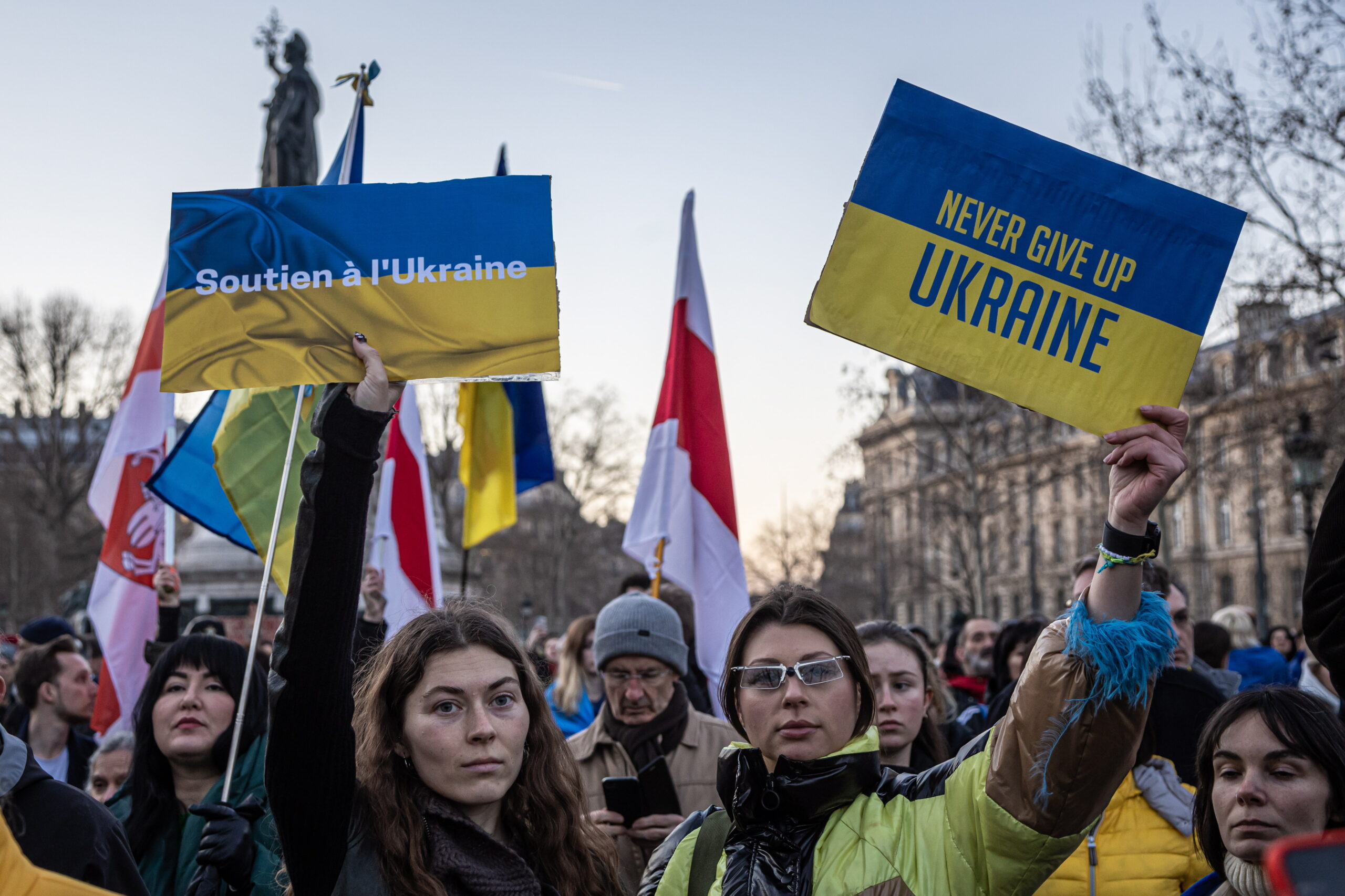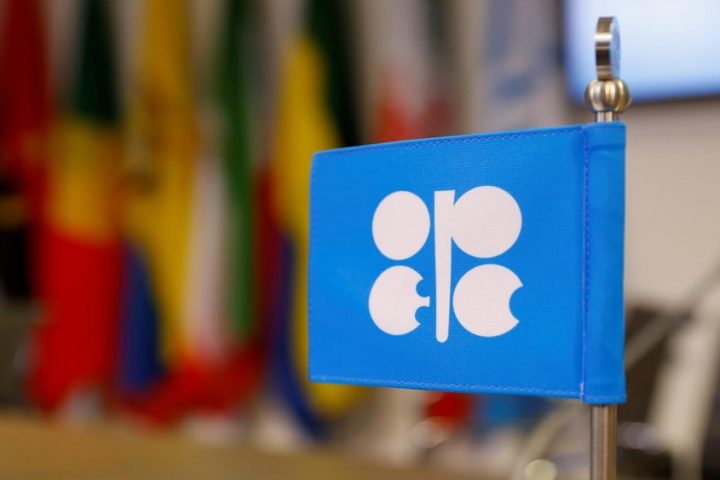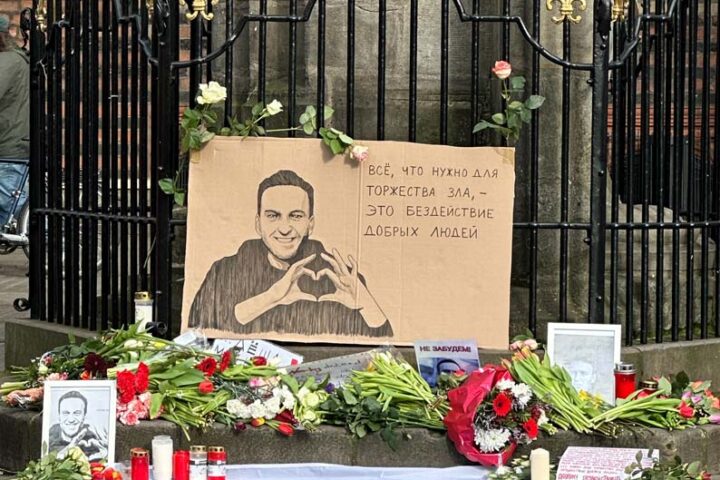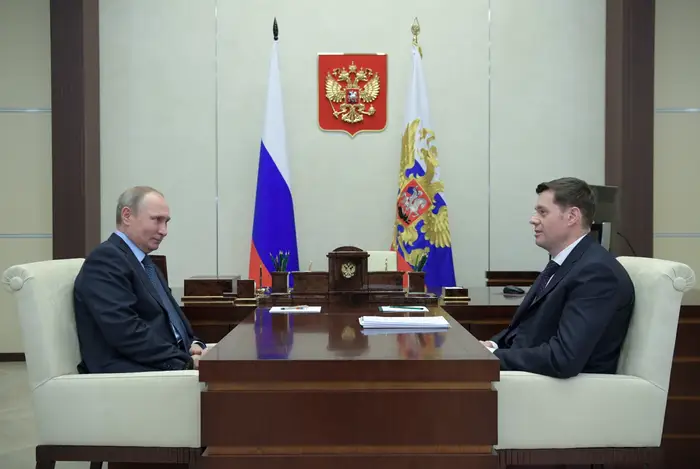A year ago, Russian tanks rolled into Ukraine expecting an easy victory as the Kremlin looked for a morale boost ahead of presidential elections.
Moscow had entered Ukraine nearly a decade before, and nobody blinked; the West was preoccupied.
Putin gambled that the West was not prepared to defend Ukraine.
He would flex his military muscle in the so-called special operation, President Zelensky would do a runner, and a puppet regime loyal to Moscow would be installed.
It was the biggest air, sea and ground assault in Europe since World War II.
Countless war crimes down the road, and the Russians have suffered huge casualties after the Ukrainians made it crystal clear they wouldn’t surrender without a fight.
Zelensky refused to leave Kyiv, despite the Russians relentlessly bombing Ukrainian cities.
Instead of dividing the Western alliance, Putin has achieved the exact opposite by making the Americans realise that NATO had a future.
And NATO’s significance was enhanced amid the worse act of aggression since the Wall came down to signal the end of the Cold War.
Russia’s mistake was to underestimate the resolve of the West to stand firm and offer military support for Ukraine to defend itself.
As expected, Putin said earlier this week that Russia was under attack and its enemies were trying to destroy the country and its people.
He also knows that Russia has a global influence, and many countries support it and will do business with Putin.
They are reliant on energy and trade with Russia; they see no need to suffer for someone else’s war.
More importantly, China’s stance has remained ambivalent, but its ties remain strong.
Sanctions against Russia are not unanimously backed, and some believe what is happening in Ukraine is none of their business and don’t accept the narrative of the Western powers.
Although countries like America, France, Britain and Germany believe it self-evident that invading a sovereign country violates international law and the world order – countries in Africa, Asia and South America need convincing.
Innocent lives
It is a war that could last years, with countless more innocent lives needlessly lost, more heartache and a risk the conflict could spread.
There is also the danger that a prolonged war could destabilise the global economy, causing more food shortages and higher energy prices.
For now, there is no indication that Putin is ready to quit; that would entail admitting he made a mistake.
The stakes are too high for him to make a U-turn; it would undermine his image as a great leader of a powerful Russia.
Moreover, he would lose the high-stakes gambit keeping him in power.
But in his determination to rebuild the Russian empire – which is why countries like Estonia and Poland are so worried – Russia has endured huge casualties on the battlefield.
Some believe the number of dead Russian soldiers could be in the tens of thousands.
In the end, it might be the mourning Russian mothers who put a stop to Putin’s war.
Putin believed he could bully Ukraine into submission, and for their bravery in standing up to tyranny, they have witnessed the relentless, indiscriminate bombing of civilian targets.
Millions of Ukrainians fled their homes, creating another refugee crisis in Europe.
Western nations have something else to worry about if Putin is cornered – he has threatened to use the nuclear option.
Nevertheless, Putin appears to be ready for a war of attrition by throwing more troops at the Ukrainian army until it runs out of ammunition.
Remarkably, Ukraine is still standing against all the odds.
It has realised that the war is one of survival, or their country and identity will disappear.
Russians aren’t even allowed to call it a war and are made to believe that their country is fighting a Nazi regime.
This is not WWII, it’s a land grab by Putin to put on his legacy mantlepiece, but history will tell a different and gruesome story.
Many argue that the sides should be encouraged to find a peaceful resolution, but how can Ukraine trust a neighbour it once respected under a shared culture?
For the Kremlin, the idea of Ukraine as an independent sovereign nation is an anathema.
A bridge between this chasm must eventually be found.
All conflicts must end with an agreed peace, but the scars are deep, and the suspicion is entrenched.










